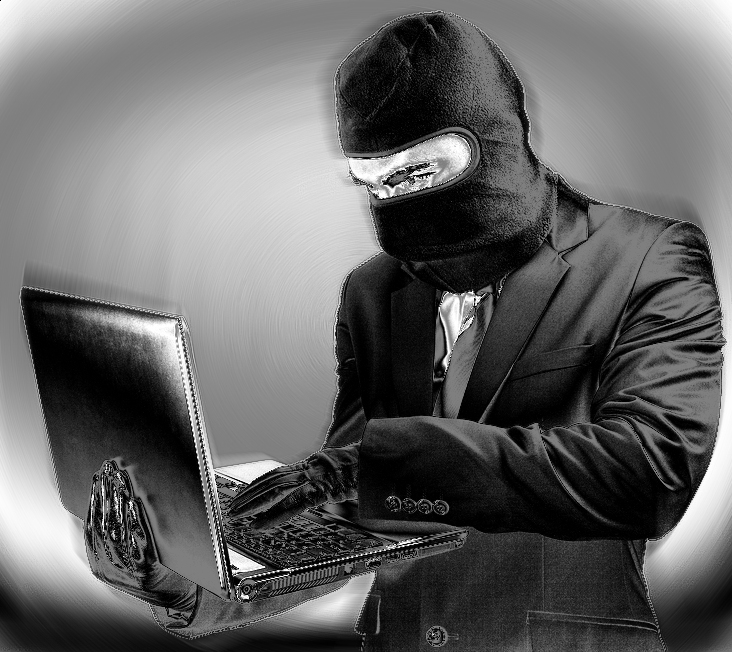Hackers punish Putin
 Some of the response to Russia’s invasion of Ukraine has not come from governments, but from a shadowy hacker collective.
Some of the response to Russia’s invasion of Ukraine has not come from governments, but from a shadowy hacker collective.
Late last week, Anonymous tweeted from one of its more official accounts, @YourAnonOne, that it has declared cyber war on Vladimir Putin’s regime.
Attacks by the group range from meddlesome to major - including spoofing the location of Mr Putin’s personal yacht (making it appear that it had crashed) to knocking significant Russian government websites offline, including the Ministry of Defence page and that of Russia Today, the state-backed news service.
Anonymous has intercepted Russian military communications and relayed the frequencies they are using back to Ukrainian defenders, as well as releasing large dumps of information on Russian military personnel, equipment and troop movements.
The group has even managed to hack state TV channels and have them broadcast accounts of the invasion and pro-Ukrainian songs back to Russia.
Cyber activity against Ukraine has been fairly mild by comparison, with some websites being hit with DDoS attacks ahead of the offensive. A week before the invasion, Ukraine was hit by a new strain of malware dubbed HermeticWiper that prevented computers from rebooting. Reports say the damage was limited to several hundred machines across Ukraine, Latvia and Lithuania.
Anonymous has posted a video threatening to take Russia's industrial control systems “hostage” if the Ukraine crisis continues.
The government of Ukraine has asked the “hacker underground” to help protect critical infrastructure and spy on Russian troops.







 Print
Print